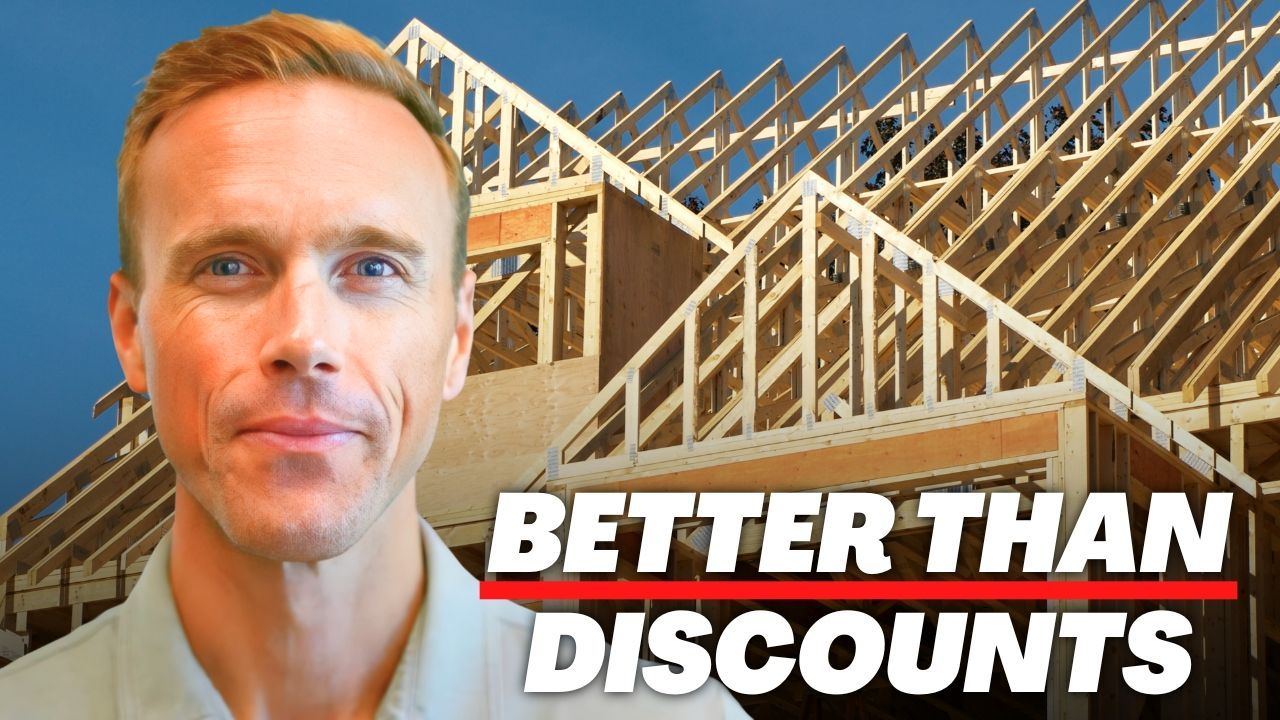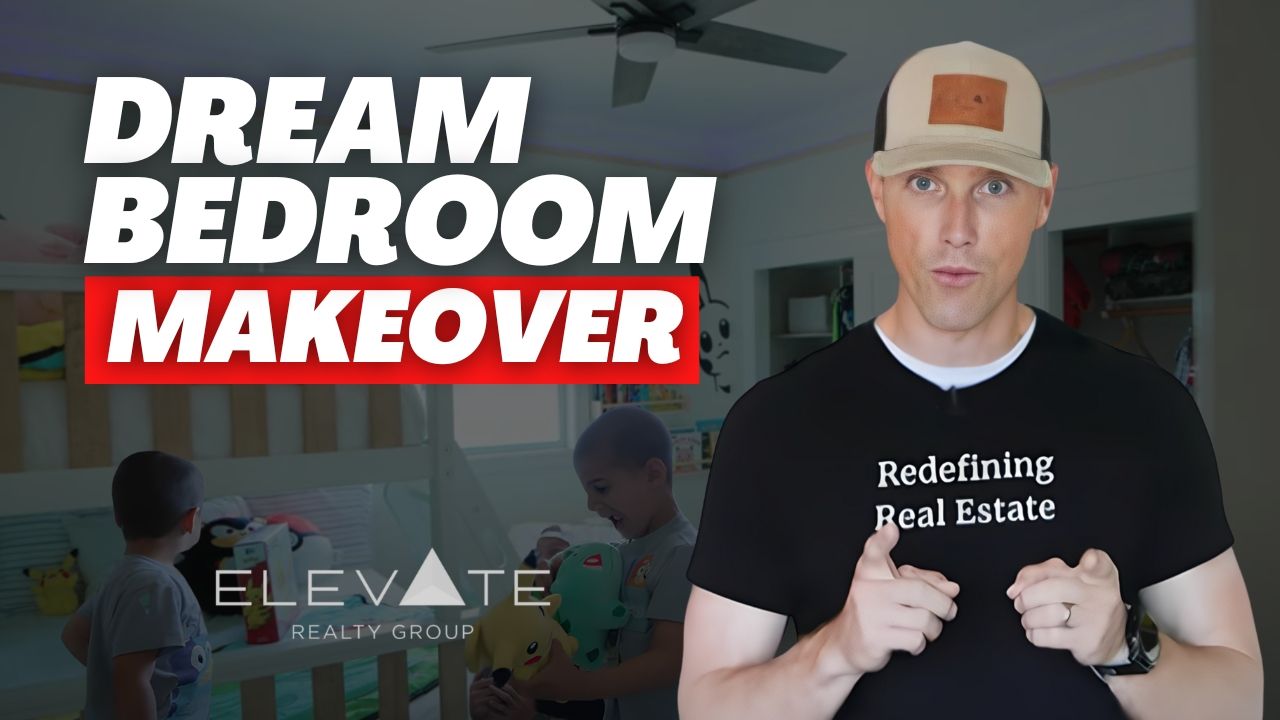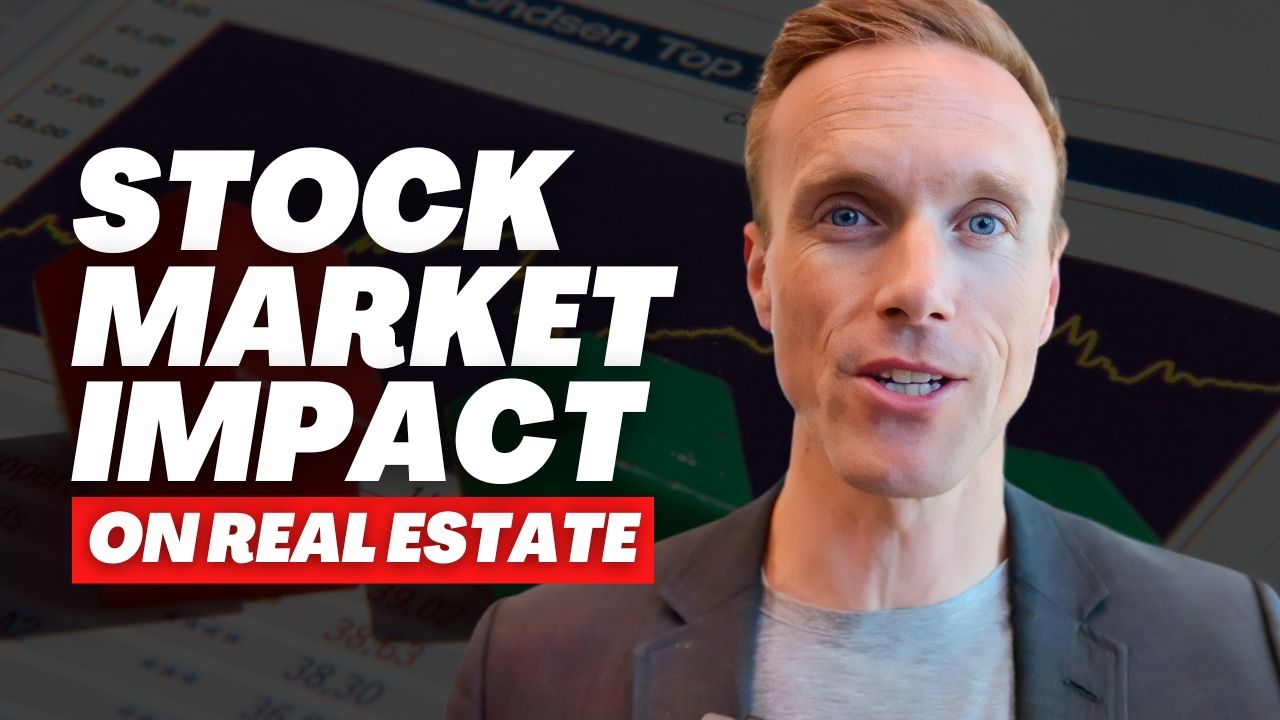By Steve LaMothe
•
August 11, 2025
Sacramento’s housing inventory is up compared to last year, giving buyers more options while sellers face tighter competition. Are there really fewer buyers in today’s Sacramento housing market? Lately, I’ve been receiving a lot of calls from clients, especially sellers, who are starting to feel frustrated. Most are noticing that their homes are taking longer to sell, and it’s becoming more difficult to attract offers or even schedule showings. Whether you’re a buyer or a seller, these changes will certainly affect how you navigate the market. To help you decide what steps to take next, here’s a quick breakdown of what’s really happening in Sacramento’s real estate. Rising inventory is reshaping the market. One of the biggest shifts in this year’s market has been the significant increase in available homes for sale. With more inventory, sellers are facing increased competition. This has led to more frequent price reductions and has given buyers the space to take their time when making purchasing decisions. Historically, the market follows a fairly consistent seasonal pattern. Inventory tends to peak in the summer months and then begins to decline as winter approaches. But do note that this drop doesn’t mean fewer homes are being sold. It’s just that fewer people are listing their homes during this time. July inventory surge. What stands out this year is the number of active listings in July. Sacramento saw nearly 9,500 homes on the market, which is approximately 35% more than in July of the previous year. With interest rates hovering between 7.5% to 8%, buyers are being cautious about their purchases and are taking longer to commit. Over the past year or two, we’ve also consistently seen 30% to 40% more homes on the market compared to earlier years. While inventory levels today are similar to those in 2021 and 2022, the difference is that more homes were going pending back then. That shift was largely due to lower interest rates, which made it easier for buyers to act quickly and confidently. "The data shows that buyer interest remains strong, but the growing number of listings is creating more competition." Pending sales stay steady. The number of pending sales follows predictable seasonal patterns: dipping during winter and rising again in the spring and summer. This pattern occurs not because there are more buyers during those seasons, but because more homes tend to be listed during those months. Each year, the number of homes going pending remains fairly consistent, typically within a 5% range. The main variable affecting the market is how many homes are listed for sale at any given time. Pandemic shifts still shape the market. Looking at data from the past six years shows a clear trend. In 2019, there were around 11,000 Sacramento homes for sale. In 2020, during the early stages of the pandemic, that number dropped to about 5,000. Now, in 2025, we’re back up to roughly 9,500 homes on the market. During the pandemic, pending sales peaked at around 5,000. Today, they’re sitting closer to 3,500. So while buyer activity has dipped a bit, it hasn’t dropped nearly as much as inventory has grown. This highlights a key point in understanding the current market. What this means for you. Buyers have not disappeared. The data shows that buyer interest remains strong, but the growing number of listings is creating more competition. As a result, prices have started to soften. So far this year, Sacramento has experienced a price reduction of around 3% to 5%, and that trend is likely to continue unless the number of homes for sale begins to stabilize. If you are planning to sell your home, it’s important to recognize that the challenge is not a lack of buyers. Demand remains present, but sellers now face more competition. If you’d like to discuss your options, feel free to reach out at (916) 862-5463 or visit HomesByElevate.com . We’re happy to assist you.














